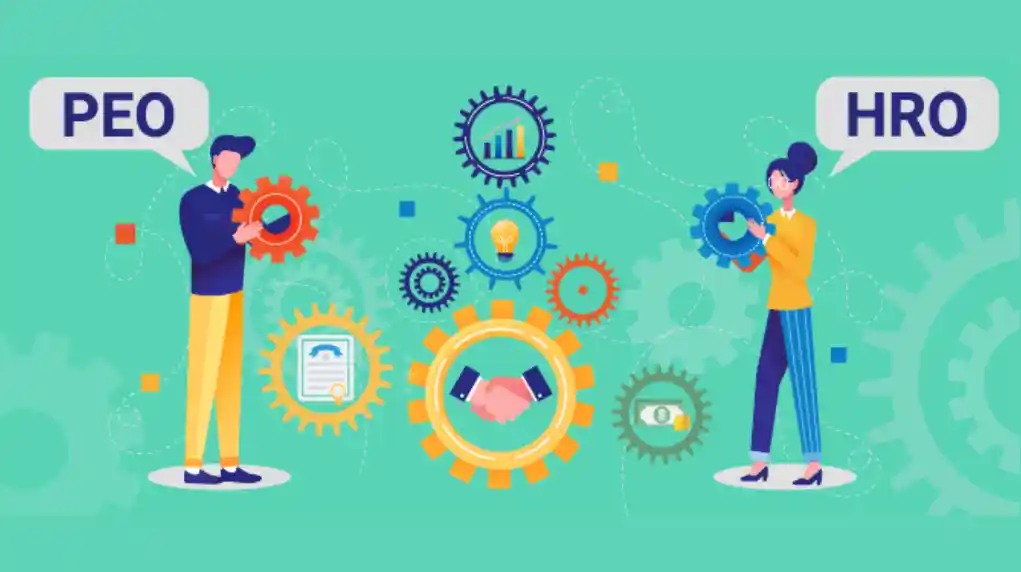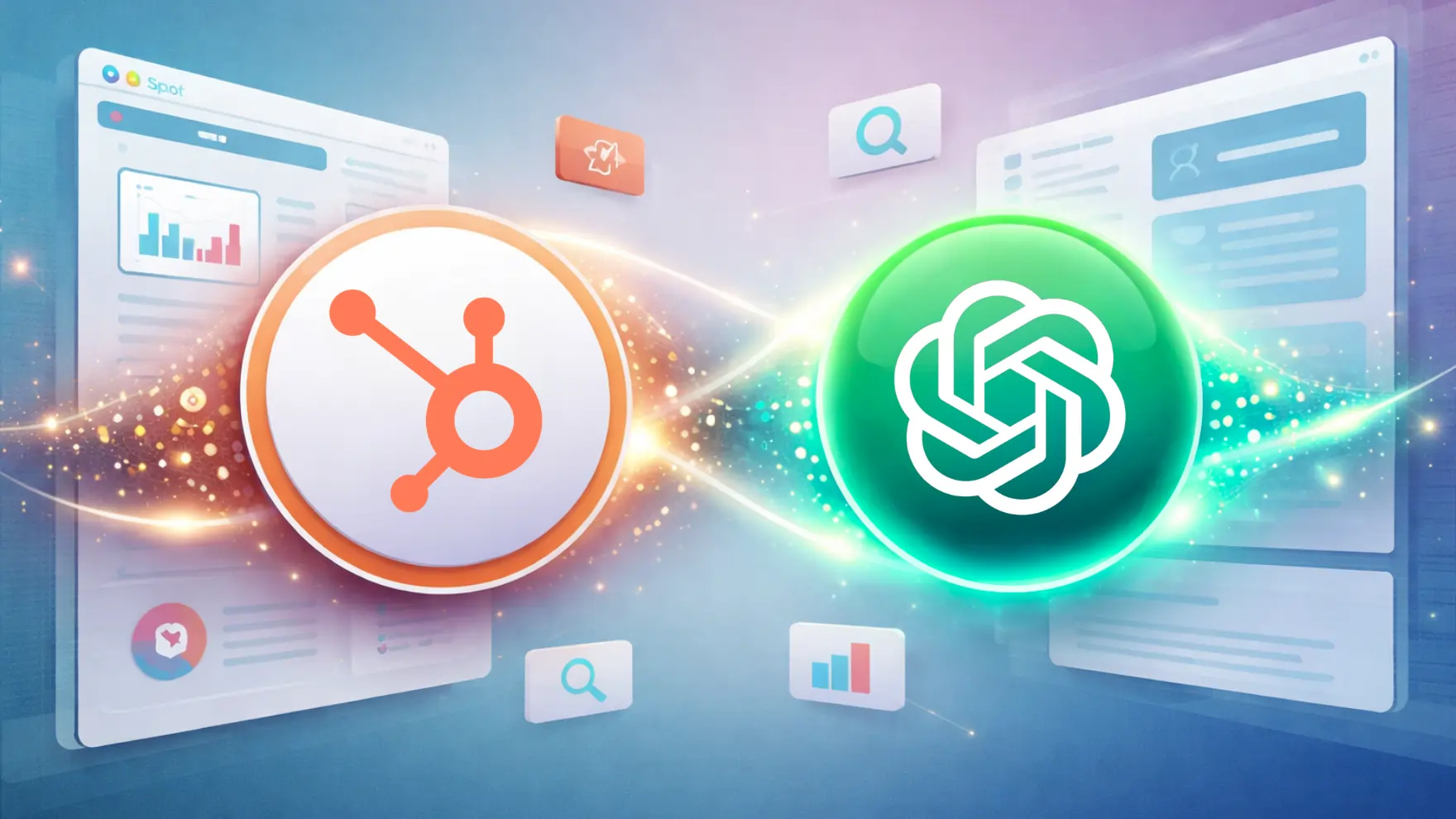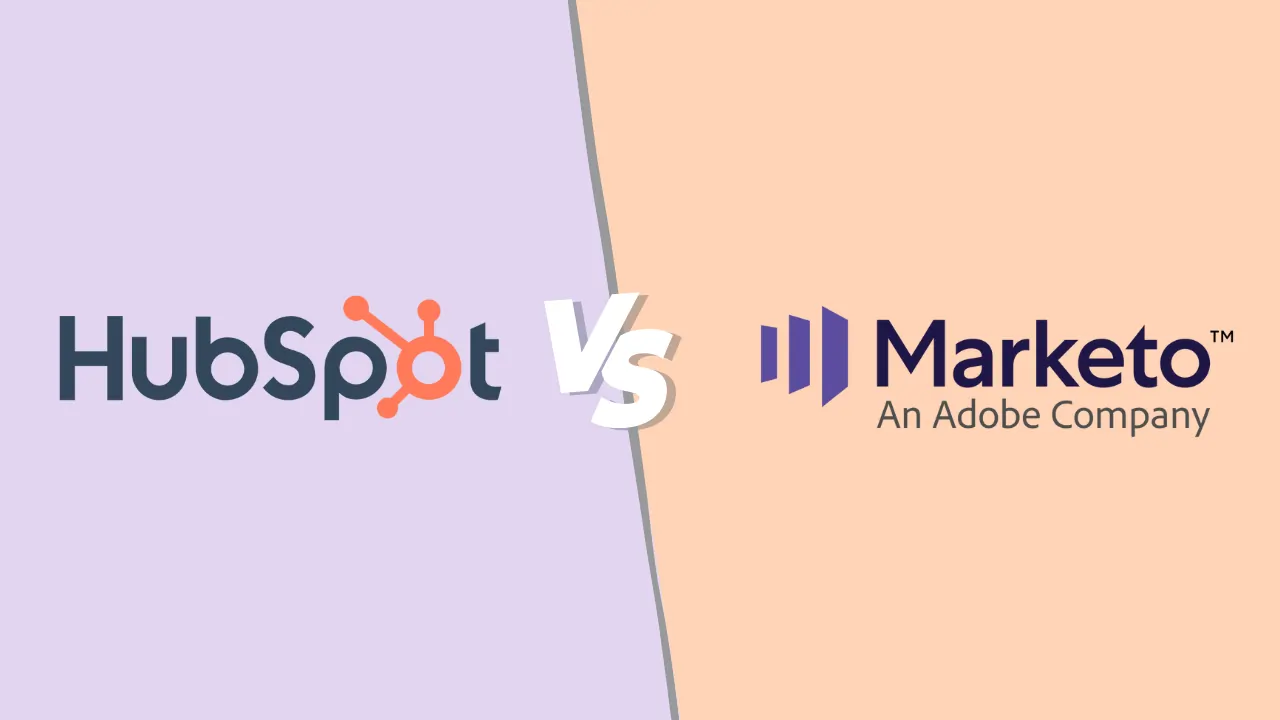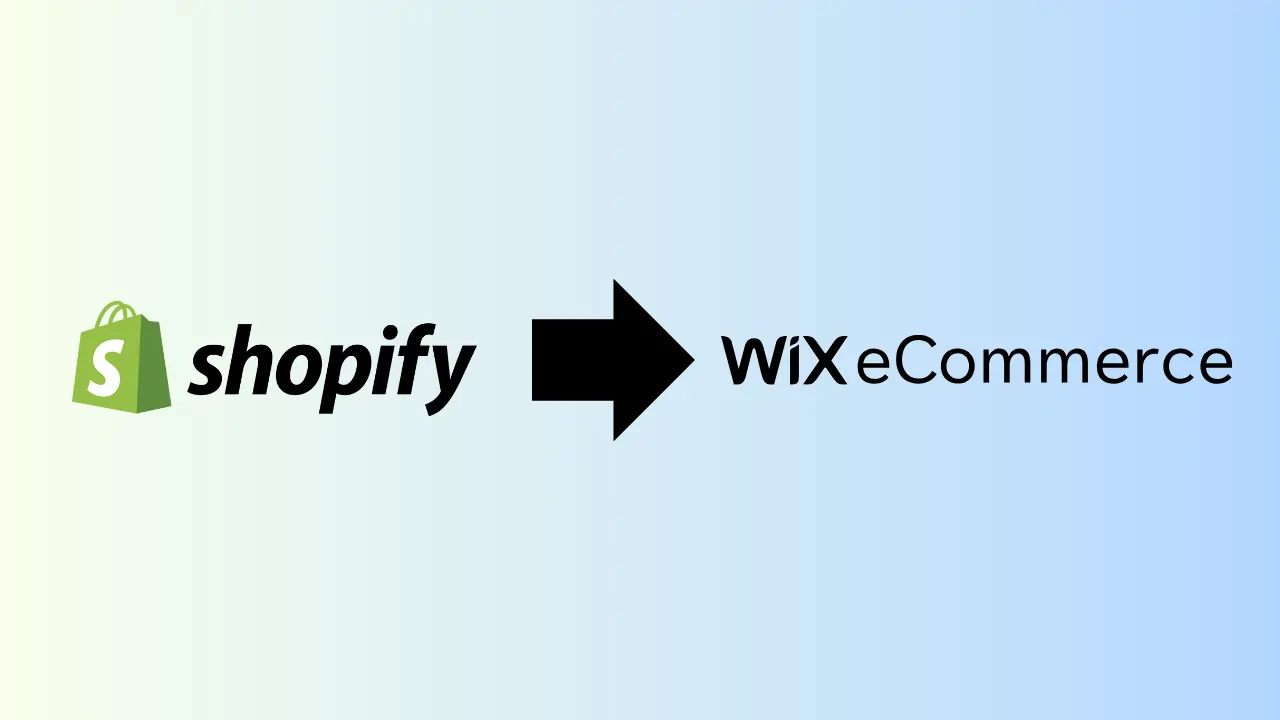The Difference Between Domestic And Global PEO: Pros And Cons

PEOs make business expansion locally and internationally seamless for small firms. They hire and manage employees for the firm in the new region. Basically, a domestic PEO restricts its operation to within a state or country.A global PEO, however, operates across countries. Firms must understand the different features and benefits of both a global PEO and domestic PEO. This will help them make the best choice, and this article explores just that.
What Does a PEO Really Do?
Small and medium-sized businesses without a professional HR team can benefit from the services of a professional employer organization (PEO). PEOs bring in a wealth of expertise and negotiation power into the human resource department. They reduce errors and workload for business owners.
A PEO will take charge of employee recruiting and training, payroll, setting up employee benefits, and performance evaluation. It is a cost-effective HR solution that’s advantageous in many ways. According to a recent study, small businesses that use PEOs record a 7-9% increase in growth rate. Their employee turnover is reduced by 10 – 14%. And they’re more likely to remain in business.
Best PEO Services
 Expert advice from a devoted HR professional
Expert advice from a devoted HR professional  Streamline HR & Payroll with Paychex Flex®
Streamline HR & Payroll with Paychex Flex®  30+ years of incredible HR service
30+ years of incredible HR service  Winners of 2 Gold Stevie awards
Winners of 2 Gold Stevie awards  Access to Fortune 500®-caliber employee benefits
Access to Fortune 500®-caliber employee benefits  Comprehensive HR, talent & compliance
Comprehensive HR, talent & compliance So, what’s a Domestic PEO?
A domestic PEO handles business expansion for firms that want to expand within the same country as their original location. They do not serve companies that are looking to build an international workforce. These PEOs allow businesses to outsource employee-related HR and administrative tasks.
According to a recent study, small businesses that use PEOs record a 7-9% increase in growth rate.
The extent of a PEO’s work is determined by the client’s request and the nature of the agreement. Co-employment is a lot more immersive than administrative services outsourcing (ASO). A lot of small firms that work with a domestic PEO still manage their employee’s day-to-day activities. The PEO is left to handle functions like risk management, payroll, taxes, benefits, and local compliance –most precisely.
Typically, small businesses are better off partnering with a domestic PEO. That’s because a local PEO can actually bring all the employees of their various clients under one benefits umbrella since all their operations are governed by the same country’s laws. This allows them to get cheaper benefits and run cost-effective training.
It’s important to recognize that a domestic PEO is geographically limited to operating within the country of origin. They only serve locally established clients. This limitation has both advantages and disadvantages.
Pros of a Domestic PEO
Lower costs
Typically a domestic PEO is a less expensive HR outsourcing solution compared to an International PEO. They are also able to pool their clients together and strike cheaper benefits deals.
More control
Senior managers fear that working with PEOs might cause them to lose their grip over HR activities that affect the core of their business. These cores include employee performance and workplace culture, among several other things.
A domestic PEO operates in close quarters with the client. This means that communication between the workforce and the PEO is almost instantaneous. Therefore, they can exert more control over employee performance and more objective impact on the company’s workplace culture.
Cons of a Domestic PEO
Need for a local entity
With a domestic PEO, your business still needs to have its own registered entity. The PEO can not serve as an employer of record. So, your business must be required to meet national requirements to take on that responsibility.
Geographic limitations
You can not move business overseas with a domestic PEO solution. So if your business has plans to scale up internationally in a few months or years. A domestic PEO is not the best option to consider.
Our Highly Recommended Domestic PEOs
Domestic PEOs are a bit hard to spot with countless global alternatives taking the forefront of the PEO landscape. Here are our Best recommended local PEOs.
What makes a PEO international?
An international PEO offers basically the same services as a domestic PEO. However, they come with an extra important feature: the ability to expand businesses into other countries. So, not only will an international PEO handle payroll for your employees, they can help you break into new markets.
There are two types of International PEOs. Indirect international PEOs are able to help firms of any size establish a presence in a new location by working with a local partner. This in-country partner has the experience and skills to help navigate local HR policies, recruitment, and training.
Typically, small businesses are better off partnering with a domestic PEO
Direct international PEOs, on the other hand, have local presence in several countries as well as direct access, experience, and skills to navigate the local policies of all those countries. However, many direct global PEOs may have to work indirectly with domestic PEOs to help clients expand to regions where they currently do not have a local presence.
The international PEO will help you establish your company workforce in every foreign country you expand into. Your business doesn’t necessarily need to set up an entity in the new location since the employees are registered under the global PEO’s EIN. However, some countries, like Germany, may force you to set up an entity after 18 months.
Despite being international, this PEO may not be involved in salary negotiations and day-to-day employee management. Your company still maintains these roles, Nevertheless, the employment agreement is between the PEO and the employees. So, they are responsible for ensuring that employee concerns are addressed and compliant.
Related Articles
Difference between an International PEO and a GEO
You may have come across an international PEO being referred to as a Global Employment Outsourcing (GEO) or an Employer of Record (EOR). Some fundamental differences exist between these entities. Distinguishing them can help you figure out how to better outsource your HR responsibilities.
A GEO or EOR is a third-party company that takes on employment administrative duties and compliance. Your international employees do not sign a contract directly with your firm but rather with the GEO. Of course, you still manage salary negotiation, daily operations, and employees’ schedules but your GEO is recorded as their employer.
Although an international PEO can help you expand into foreign countries, it is not a GEO. That’s because a GEO has the legal facilities to function as a sole, local employer. They are only leasing their employees to your company to work with for a while.
With a GEO or EOR, you may not have to set up an entity in the new country. And in the case of Germany’s 18 months rule mentioned earlier, you are not affected when using a GEO or EOR.
Pros of an international PEO
Quick expansion
Setting up an entity in other countries can be time-consuming. You need to learn the rules and understand the processes beforehand and this can take months.
An international PEO can help you get through the setup and registration process quickly. That way you don’t lose out on time-based opportunities.
Lower expansion costs
Companies that do not have the manpower or funds to set up international entities themselves could use an international PEO.
New market testing
Testing out a new area for global expansion can be a pretty expensive endeavor. The international PEO makes the process cheaper and faster. With an international PEO, firms can obtain quality testing data and make better decisions in their new market.
Risk management
Flouting international regulations can spell trouble, especially during an expansion. Compliance agencies may not consider ignorance or misinterpretation of rules as viable excuses. With an international PEO, you can utilize their experience and knowledge to manage compliance risks abroad.
Cons of an international PEO
Additional expenses
An international PEO may charge a little more for its services than the domestic PEO counterpart. That is because of the potential high-value service (international expansion) that they offer.
Business registration
With an international PEO, your business still needs to register and establish a legal entity in every new business location. With an international PEO, your business still legally bears HR-related risks.
Our top recommended international PEOs
Conclusion
It’s crucial to understand the distinctions between these two categories of PEO. Your ability to navigate these differences can significantly shape your business growth and expansion plans. Working with a domestic PEO, for instance, keeps your workforce within your country of operation while the international alternative breaks the national border barriers for you to explore the global talent pool and new, exciting markets.
Before choosing, we suggest that you pay very close attention to your business needs. Be sure to define those needs as accurately as you possibly can. And we are confident that the rest will be fruitful.
Before you go, though, you should check out our list of top recommended domestic and global PEO service providers. While at it, you can also learn how to choose the right PEO options for your business.











